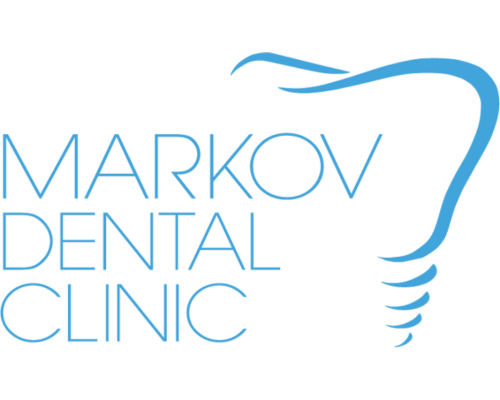Extreme jawbone deficiency - we have a solution!

Jawbone deficiency is a serious problem that can significantly affect the quality of life. Whether caused by long-term missing teeth, gum disease, trauma, or other medical conditions, this problem can make it difficult, or even impossible, to place standard dental implants. Fortunately, modern dentistry offers a solution even for the most difficult cases - zygomatic implants.
What is extreme jawbone deficiency?
Extreme jawbone deficiency occurs when the jawbone is so degraded that it cannot provide adequate support for standard dental implants. This condition can be the result of a long period without teeth, where the bone gradually disappears due to lack of stimulation. Other causes include advanced gum disease, osteoporosis or injury.
People with this problem often experience difficulties in chewing, speaking and aesthetics, which can have a negative impact on their self-confidence and daily life.
Causes of jawbone deficiency
Long-term tooth loss: When a tooth is not present for a long time, the bone naturally recedes, which leads to a decrease in its volume and density.
Periodontal diseases: Gum disease can destroy the supporting structures of the teeth, including the jawbone. This can lead to significant bone loss around the affected teeth.
Trauma or injury: Physical injuries to the jaw or face can cause direct damage to the jawbone, which can lead to tooth loss and bone reduction.
Osteoporosis: This is a condition that causes bones to weaken throughout the body, including the jaw, and can increase the risk of bone loss.
Long-term use of prostheses: Wearing traditional prostheses, which rest on the gums and jawbones, can further accelerate bone resorption, because they do not provide enough bone stimulation.
Methods for jaw bone replacement
For patients with missing jawbone, there are several methods that can be used to replace the lost bone and prepare the jaw for implant placement:
Bone grafting (bone augmentation): This procedure involves adding new bone to the area where bone has been lost. Bone can be taken from another part of the patient's body (autologous bone), donor bone (allograft), or synthetic material. The goal is to provide enough bone for secure placement of the implant.
Sinus lift: This procedure is performed on patients who have a lack of bone in the upper jaw, especially near the sinus cavities. A sinus lift involves raising the sinuses and adding bone beneath them to allow for the installation of implants. Read more about sinus lift here.
In addition to these two, ridge augmentation is also used in some cases to increase bone volume in a horizontal or vertical direction, as well as osteogenesis distraction and the use of PRP/PRF (platelet-rich plasma).
All the mentioned methods can be used in certain cases and most often when it comes to a minor lack of bone and represent long-term processes.
Have you been told that there is no solution for you?
We are often contacted by patients who have tried the above procedures or have been rejected by dentists because there is no solution for their lack of bone.
An innovative solution for extreme lack of bone - zygomatic implants
It is important to have your zygomatic implants installed by a maxillofacial surgeon
Installing zygomatic implants is a complex and delicate procedure that requires a high level of expertise and experience. For these reasons, it is important that this procedure is performed by a maxillofacial surgeon.
Zygomatic implants are implanted directly into the cheekbones, which are anatomically much more complex than the jawbone. A maxillofacial surgeon has a detailed knowledge of the anatomy of the face and jaw, which allows him to precisely place implants, avoiding critical structures such as sinuses, nerves and blood vessels.
Patients requiring zygomatic implants often have complex dental and medical problems, including extreme bone deficiency, previous failed implants, or other complications. A maxillofacial surgeon has experience in managing these challenges, which allows him to provide optimal solutions even in the most difficult cases.
Dr Borislav Markov is maxillofacial surgeon and an implantologist with decades of experience working with the most difficult cases.
Have a question for us? Contact us and we will be happy to help you.
See our works
schedule an appointment
We look forward to your message!
*We will try to answer you as soon as possible.


